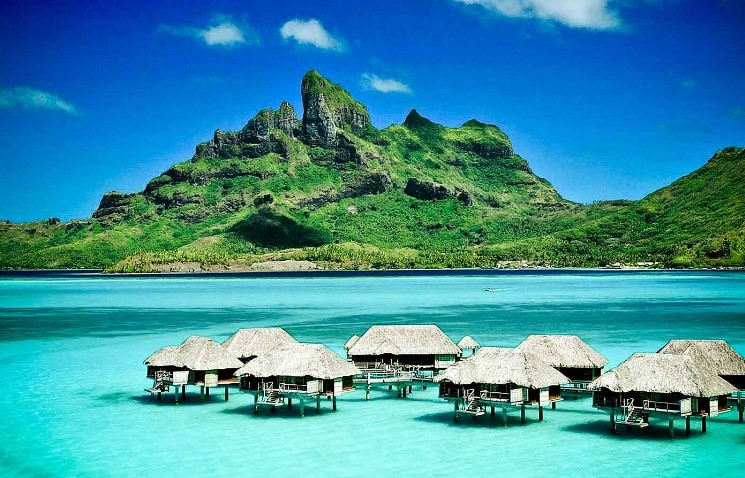HONOLULU (KHON2) — Consider you are a hotel employee, and a visitor asks you to suggest “a superior beach front to go to as a household.” If that visitor is wounded at the seaside you suggested, can you or the resort be held liable for individuals accidents? Which is what a single customer experimented with to verify in his lawsuit.
But a Hawaii courtroom ruled that the Maui resort wasn’t liable for the injuries he experienced following he went to a seashore numerous miles absent at their employee’s recommendation and turned paralyzed.
The incident happened in August 2012 when the customer and his relatives were vacationing on Maui. In response to his inquiry about a “good beach” they could pay a visit to, the lodge employee proposed Massive Seaside and presented driving directions, court files said.
The customer and his spouse and children then drove to Makena State Park — a state-owned park — and parked in a good deal adjacent to Huge Beach front in which they located by themselves near to a lifeguard tower.
According to court paperwork, the walkway connecting the northernmost parking location with Large Beach contained a long lasting “Dangerous Shorebreak” sign that stated “WARNING” in daring font higher than a pictogram of a person upside-down just after colliding with a wave. Below the pictogram, it claims, “Waves split in shallow h2o[.] Significant injuries could manifest, even in smaller surf[.] IF IN Question, Do not GO OUT.” See an case in point under.

There were supplemental indications with red flags all through the location. Lifeguards had been also creating warning announcements on the general public-tackle (PA) technique for the duration of the day, court docket document reported. The customer, nevertheless, claimed he did not remember listening to these announcements. He also couldn’t remember observing the warning symptoms along the route, in the vicinity of the parking whole lot or on the beach front.
Court docket documents explained that the customer waded into the drinking water to join his relatives, who entered in advance of him. He bobbed in the waves for about 10 minutes prior to selecting to get out.
“As he started a fifty percent-wander, half-breaststroke in direction of the shore, a breaking wave struck him from at the rear of, creating his head to strike the sandy base of the ocean.”
Court files
The visitor’s neck hyperextended, resulting in long lasting paralysis.
Courtroom files stated the customer submitted a 2nd amended grievance alleging he suffered a paralyzing personal injury for the reason that the hotel employee negligently suggested that beach with out giving any warnings of ocean dangers. The resort asserted that it experienced no duty to alert him of the shorebreak due to the fact the seaside was found miles absent and was not affiliated with or underneath the control of the resort. The hotel also said there had been warning indications at the seashore, and so warned the visitor of the danger he could face.
In accordance to courtroom documents, the visitor also moved for summary judgment, and argued:
- Innkeepers have an enhanced duty to alert its guests of foreseeable hazards irrespective of geographic area.
- Even if the lodge did not have a obligation to warn, it assumed that duty by negligently recommending Major Beach front to him.
- The shorebreak warning signs have been irrelevant beneath the info of this circumstance.
The Circuit Court docket concluded that the resort “had no general obligation to alert its attendees of hazards effectively beyond” the hotel’s homes and turned down the visitor’s argument that the resort assumed a responsibility to warn by recommending the beach since the worker “made no representations or guarantees regarding protection.”
In addition, the Circuit Court reported that even if the hotel had a responsibility to warn or assumed a obligation to alert, “there can be no legal responsibility as a make a difference of law” due to the fact warnings have been posted at Big Seaside on the day in problem, and those warnings complied with HRS § 663-1.56.
Examine out extra news from close to Hawaii
The Circuit Court docket produced its closing judgment on May perhaps 19, 2017. Hawaii’s Intermediate Courtroom of Appeals upheld the dismissal of the circumstance on March 31, 2022.




More Stories
Beach Volleyball falls to Long Beach State in Big West Championship
Hawaii’s Hill, Long Beach State’s Valenzuela eager to match wits
Hawaii blocks some Waikiki sands for seal pup